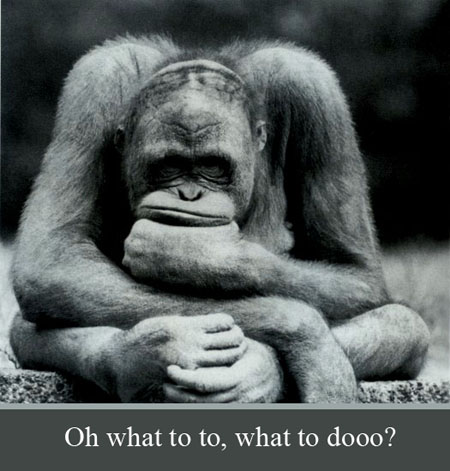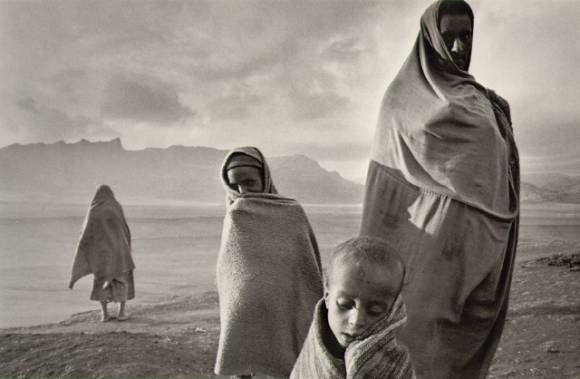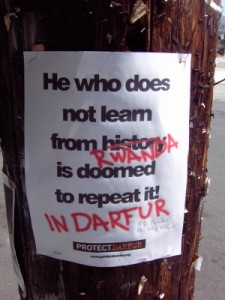 For anyone reading this blog, it’s a pretty good chance that you’re already social media-savvy. Whether you found it through a Twitter link, a blogroll, Technorati or similar means, I’m guessing that you know about the benefits social media can offer.
For anyone reading this blog, it’s a pretty good chance that you’re already social media-savvy. Whether you found it through a Twitter link, a blogroll, Technorati or similar means, I’m guessing that you know about the benefits social media can offer.
(For anyone else that arrived here by mistake – well, I thank your error and hope you’ll stick around!)
And therein lies the problem. If you did use one of the methods I mentioned, you’re already a social media user, which is great. But for each one of us that “gets” social media, there’s another 10 that don’t.
(By the way, this figure hasn’t been scientifically proven – I just like round numbers).
This is the problem that social media needs to overcome if it’s ever to be taken seriously. There are some great people out there helping to spread the word about social media, both for personal and professional use. But there needs to be more to help the medium into the kind of acceptance the Internet now has with everyone.
One of the main issues is that there are just too many social media sites, applications, tools and more that it’s all too easy to get lost when you first jump in. No-one likes to be the guy that made the wrong choice – just ask Betamax video or HD-DVD early adopters.
What’s needed is a standard format for the different tools available. Don’t get me wrong – I don’t want to see a monopoly of social media any more than you do – but figures prove that something is much more likely to enjoy success the easier it is to use.
Instead of having multiple microblogging platforms like Twitter, Pownce or Plurk, etc, have one main platform to work from. Differentiate the users by offering categories, if you like, that helps them find like-minded users more easily.
Have three main social networking sites – Facebook for people, MySpace for music, LinkedIn for business. Integrate some of the better features from other sites like Bebo and FastPitch and make these three sites the one-stop shop for whatever field it covers.
Combine the best of Stumbleupon and Delicious to offer a bookmarking site that truly does drive traffic to your website or blog.
These are just some ideas to bring social media to everyone. The biggest stumbling block for people and businesses is simply confusion as to what social media offers. Having so many platforms doesn’t help. Narrowing all the current options down into a more manageable resource would go a long way into negating this confusion.
I’m not saying it’s the ideal solution – but it’s got to be better than the mish-mash that’s currently out there, no? What do you think – are there too many social media platforms or is all this choice a good thing?
If you enjoyed this post, please consider leaving a comment and subscribe to my RSS feed or via email to ensure you can enjoy the latest post(s).










